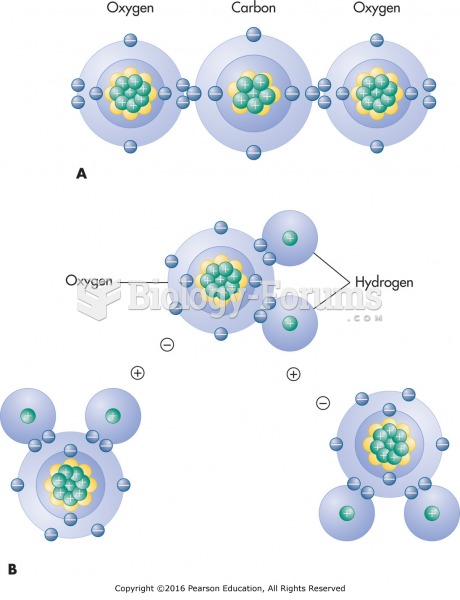|
|
|
Did you know?
The average adult has about 21 square feet of skin.
Did you know?
There are more sensory neurons in the tongue than in any other part of the body.
Did you know?
In the ancient and medieval periods, dysentery killed about ? of all babies before they reach 12 months of age. The disease was transferred through contaminated drinking water, because there was no way to adequately dispose of sewage, which contaminated the water.
Did you know?
It is difficult to obtain enough calcium without consuming milk or other dairy foods.
Did you know?
The first successful kidney transplant was performed in 1954 and occurred in Boston. A kidney from an identical twin was transplanted into his dying brother's body and was not rejected because it did not appear foreign to his body.







